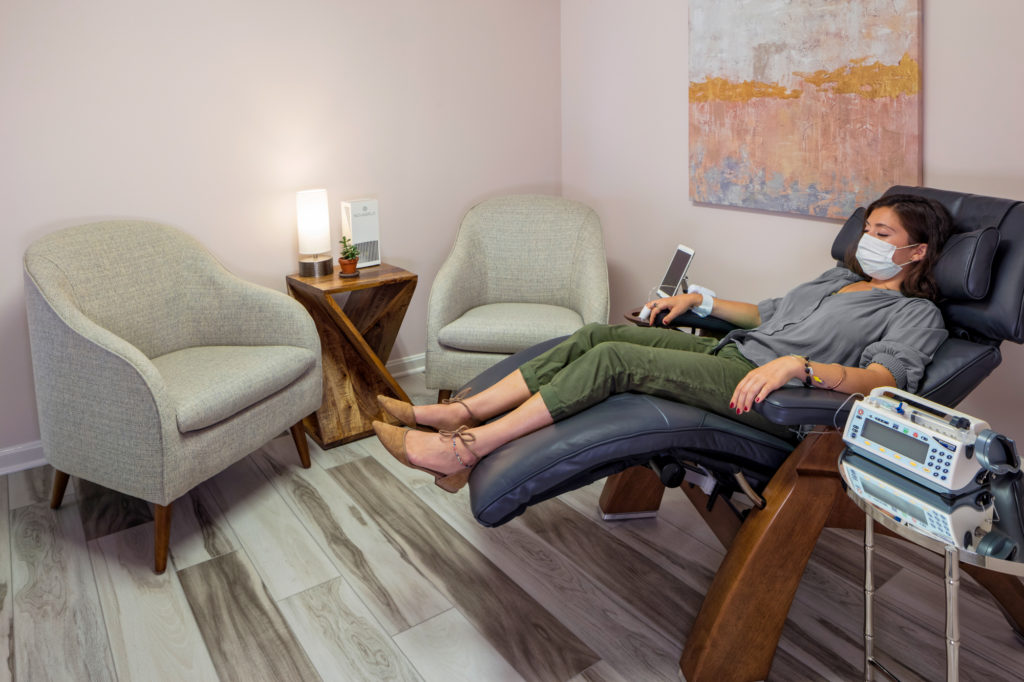Luke and Sam walk home from school. Luke says, “Hey man, I’ve got some weed, wanna share a joint?”

Sam looks up, pleased at the prospect. “I have a better idea. Let’s call Dom. She’s throwing a party with brownies and cookies, too. Brownies are such a fun way to get high…” As you watch Luke and Sam, do you wonder…will cannabis harm a teenage brain..?
Lukes smiles. “M’kay…I’m game. I’ll text her.”
Luke says, “You know my dad gave me another talk. He insists weed is hurting my brain and my future. But how could it? It just makes me feel mellow, man. And it grows from the ground. It’s a plant. It’s not some poisonous chemical. I don’t get why they’re so uptight about it.”
Sam shakes his head and says, “It’s not logical, man. They’re trying explain but they don’t understand. They’re afraid of something that’s been made legal? The government wouldn’t have made it legal if it wasn’t safe…”
Will cannabis harm your teenage brain?
Talk about an age old controversy. This is one of the oldest and most intense.

Cannabis is marijuana, and can be smoked, mixed into edibles like brownies and cookies. It’s natural…grows out of the ground…so obviously it’s healthy and good for you, right? Maybe? Or maybe not…
Cannabis can harm your teenage brain…
It often starts during adolescence — 78% of people using cannabis for the first time are between the ages of 12 and 20. But cannabis is used at every age. It may not be too bad for adults in midlife, but that’s a discussion for another time. What about teens?
Today, let’s talk about whether it’s beneficial in adolescence.
A landmark study just published in the JAMA Psychiatry (credible, right?) took a look at the long term effects of cannabis use by teenagers.
The researchers behind this incredibly important long-term study point out that even though there has been more and more legalization of cannabis, there have been few longitudinal imaging studies to show the impact of its use during this formative time of life. When they speak of longitudinal studies they’re talking about following the subjects over a period of time.
To understand more, Matthew D. Albaugh, Ph.D., and his research team began imaging studies gathering MRI information for 799 European participants ages 14 and up, then again at the end of the study five years later.
The researchers found some surprising results at the five year mark. For instance, in teens who reported moderate to heavy cannabis use, there was a reduced thickness in the prefrontal cortex, both left and right.
This means there was altered development of the neurons in the left and right prefrontal cortex regions.
Now, maybe you’ve heard people say that a young person should avoid major decisions before the age of 25…. Why? Because before that the prefrontal cortex isn’t fully developed. Or maybe to avoid marrying before that age for the same reason. Or maybe they used it to explain poor judgment, and impulsivity.
The prefrontal cortex is important. It empowers us to plan, make decisions, memorize and remember, and learn. Plus manage time and organize.
Think about it. What if you couldn’t do any of those things? Or do them well. How would it affect your life? Will cannabis harm your teenage brain..? Let’s not put our heads in the sand about it.
You might not be able to organize school work, or organize your job responsibilities when you’re older. You might always be kind of confused and behind, because of your inability to organize and manage time. Imagine that.

You might not learn to drive — well.
You might not feel like studying or learning… you might not be able to do all the things you could have when your parents and teachers said you ”had so much potential.”
You Coulda Been a Contender.
In fact, you might not do a good job planning your senior graduation party. Or where to go to college.
Basically, you might just forget college, or a job using your mind. You might have to be told what to do and when to do it. Over and over. Picture that.
The researchers also learned that the amount of cannabis adolescents used was directly related to the amount of thinning. Those who used it heavily had the most severe thinning in the prefrontal cortex regions.
And it gets more alarming.
Since the prefrontal cortex in a teen is less developed, this underdeveloped portion of the brain caused greater amounts of impulsiveness.
The right cerebral cortex, as well as the left, are both densely populated with cannabinoid 1 receptors. They undergo their greatest age- related change in mid-to-late adolescence. Research with lab animals has shown that teens are most vulnerable during this time to the impact of tetrahydrocannabinol (which is THC, the psychoactive chemical in cannabis) on their brain structures and function.

So these effects on the brain related to cannabis use, according to this study, link teen cannabis use with a variety of negative outcomes, including psychiatric symptoms in adults.
Ok, now the logic. You’re a teenager from age 12 to age 20. Eight years of your 75 year life span are taken up by adolescence, but the decisions you make during those 8 years can alter the course of the next 55 years, more or less. Cannabis: will it harm the teenage brain?
Be Logical
Just think, if you got through adolescence without using cannabis, the risks of psychiatric disorders that are often increased by cannabis use are removed from your future. Those risks are gone. Plus, the impulse control that’s lost as a result…that can lead to arrest and imprisonment, or impulsive decisions like ending your life? Those risks are gone too, if you never use it.
If you stop and think about it, you need all the impulse control you can get, you know?
Studies have been lining up for years, showing that cannabis changes important parts of the brain, especially in the prefrontal cortex. And to be at our best, to have access to the best we can do, we need to stay away from those things that damage brain systems.
To develop yourself for the future, whether through college or art or creative endeavors or learning a trade, it’s all education…and you need it to enjoy a rewarding life. You need all your faculties. You need to protect your brain.
So while we can’t fix what cannabis damaged in the past, we can offer a healing experience with IV ketamine treatment that can restore the damage depression, anxiety, and stress cause. It can also help with alcohol and substance misuse.

At Innovative Psychiatry, we work with people everyday who’ve used cannabis, and report impairments they’ve become aware of. In addition, many are depressed and/or anxious. While we can’t erase the years of cannabis use, we can treat the depression and anxiety that never seems to let up. Especially if they’ve already tried other medicines and treatments.

We specialize in treatment resistant depression and anxiety, as well as substance and alcohol use disorders, bipolar depression, and PTSD…and have seen IV ketamine treatment do wonderful things for them. IV ketamine puts 100% of ketamine right where it’s needed, on the brain tissue that’s showing impairment from the pruning caused by stress.
The result is restorative, transformative, and fast. Rather than you having to wait for weeks or months to experience improvement like you do with oral antidepressants, ketamine flows into your brain systems and switches on the light.
That’s not to say that we think ketamine heals the damage cannabis can cause — but we are saying that it can be wonderful at restoring your outlook from dismal, dark, and dreary to happy, hopeful, and expecting good things.
If you feel you’ve lost your initiative, motivation, and hope, if you’ve tried antidepressants that haven’t helped, IV ketamine treatment may be just what you need to get on track again.
Ketamine isn’t for everyone, but it is for most. The percentage of those who are helped is so high that chances are you’ll be set on higher ground by this treatment.

When you come in for treatment, forget about waiting rooms—we’ll meet you at the door and take you straight to your treatment room. (And what a room it is! Skylights, windows, treetops, dimmable lighting—we’ve got it all.) You’ll find yourself in a beautiful environment, and a zero-gravity heated recliner…and you’ll have privacy to make the most of your treatment. You can be at ease because we took a preemptive step and installed plasma cell technology to destroy all airborne viruses, including COVID and its variants, plus bacteria and molds. And they’re destroyed, not caught on a nasty little filter. 99.999%.
So, while we can’t fix what cannabis damaged in the past, we can offer the kind of healing and repair with IV ketamine treatment that can restore the damage depression, anxiety, and stress cause. It can also help with alcohol use disorder and substance use disorder.
September has been National Suicide Awareness Month, and we’ve tried to confront suicidal thoughts each week. They can come from a variety of disordered thinking, or even from sheer desperation. But these thoughts are dangerous. And it’s important to get them to subside….which is ketamine’s specialty.
So whatever has led to suicidal thoughts, IV ketamine can erase those thoughts in a few hours, or an afternoon. It can save your life. So you’ll have more life to live and recover in.
The National Suicide Prevention Lifeline: 1-800-273-TALK (8255)
You’ve been through a lot. You’ve suffered. And you want to feel better and function better.
Believe that your life can be better.
Or at least, give yourself the opportunity to see what improvement can feel like. What remission feels like.

To the restoration of your best self,
